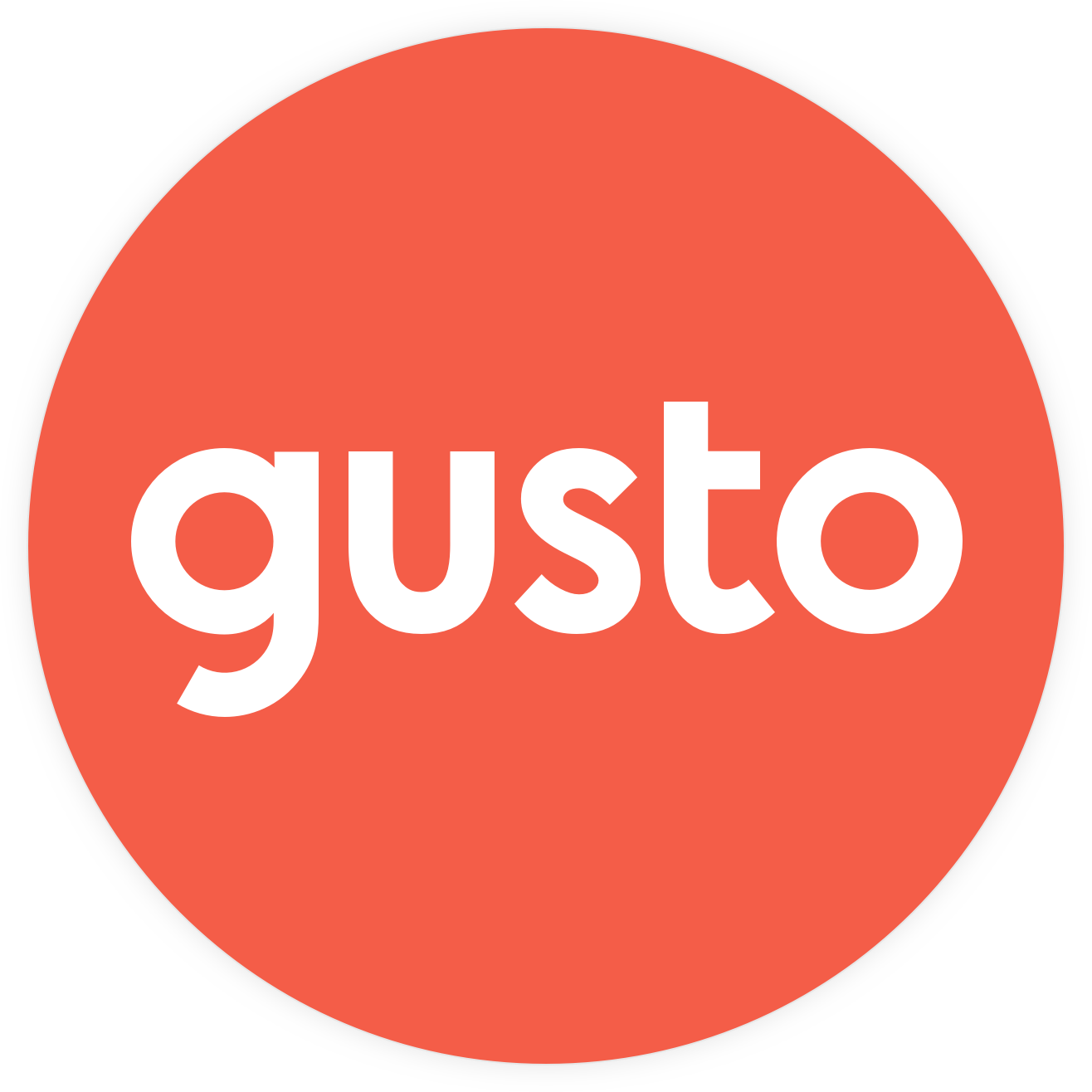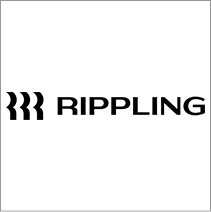Choosing HR Software for Startups
Key Considerations and Differences
by Joyce Chen
This page may contain affiliate links. Our assessments are grounded solely in the product’s merits and performance.
Selecting the right HR software for a startup is a crucial step toward streamlining people operations and fostering a positive work culture. While HR software for larger or more established businesses often focuses on scaling and managing vast, structured teams, startups require tools that are agile, cost-effective, and tailored to their unique challenges.
Here’s an in-depth look at what makes HR software for startups distinct, and what to consider when making your choice.
What Makes HR Software for Startups Different?
1. Scalability at the Core
Startups typically experience rapid growth, so HR software needs to grow with the business. Unlike larger companies with stable team sizes, startups need flexible solutions that can easily adapt as the workforce expands or roles evolve.
-
-
- Gusto offers a clear pricing structure that makes it easy to see how your costs would change as your business (and the number of employees) grows. You pay a flat fee per month to access features, and an additional fee per employee. This essentially means that as you go through a hiring phase, you don’t need to worry about changing plans that are tied to the amount of employees. Simply add them into your existing plan.
-
2. Focus on Simplicity and Affordability
Often startups have tighter budgets, making affordability and ROI critical. Unlike enterprise HR systems, which are packed with advanced features that may not be immediately useful, startup-focused software prioritizes essential functions in a user-friendly, cost-effective package.
-
-
- A great example of balancing features with affordability is Trinet, a professional employer organization (PEO) that uses a co-employment arrangement. The PEO shares certain employer responsibilities with the client company, allowing businesses to focus on core operations while outsourcing HR functions. So, TriNet lets you access full-service HR at a much more affordable cost, and takes some of the burden off.
-
3. Customization and Agility
Startups are diverse in structure and culture, often requiring customizable tools. HR software for startups should allow businesses to tweak workflows, policies, and integrations to fit their unique needs.
-
-
- Rippling stands out for its ability to automate processes for onboarding, onboarding, and employee management. It offers extensive customization options to tailor these processes to your specific business. Rippling covers not only HR, but also integrates IT functionalities too, so you can set everything up in a single system.
-
4. Employee Experience Emphasis
Since startups rely heavily on a strong, collaborative culture, the right HR tool should enhance the employee experience with features like intuitive self-service portals, goal tracking, and performance feedback systems. In order to choose the right software, you’ll need to determine what you prioritize when it comes to employee experience.
-
-
- If you want performance feedback, Rippling is the way to go, allowing users to set goals, conduct performance reviews, and track employee progress, all within the same system. If you want the best benefits, you’ll want to leverage a PEO that allows you to access better benefits usually only offered to larger companies.
-
Key Features to Look For in HR Software for Startups
1. Core HR Functions
-
- Payroll Management: Ensure the software handles payroll accurately and integrates with your accounting tools.
- Employee Database: Centralized, accessible storage for employee records is a must for compliance and organization.
- Compliance Support: The system should help with labor law compliance, particularly in your location.
2. Onboarding and Recruitment Tools
-
- Startups often need to onboard multiple employees quickly. Look for software that offers streamlined workflows, electronic document management, and integrations with job boards for recruitment.
3. Performance Management
-
- Tools for goal-setting, regular feedback, and performance reviews are vital for startups to nurture talent and keep employees motivated.
4. Time and Attendance Tracking
-
- Opt for software with integrated or standalone solutions for time tracking, particularly if your team includes remote or hybrid workers.
5. Integration Capabilities
-
- Your HR software should easily integrate with tools you already use, such as project management systems (e.g., Asana, Trello), communication platforms (e.g., Slack, Microsoft Teams), or accounting software (e.g., QuickBooks).
6. Data and Analytics
-
- Insights into employee engagement, turnover, and productivity help startups make data-driven decisions to optimize their HR processes.
7. Affordability and Pricing Models
-
- Many HR platforms offer tiered pricing (paying a flat fee per month) or pay-as-you-go (paying per employee managed through the platform) models, which can be advantageous for startups. As you choose your software, you may want to do a cost analysis based on how many employees you have now and how many employees you intend to hire in the next 2-3 years.
8. User-Friendly Interface
-
- Startups don’t always have the resources to train staff extensively on new systems. Prioritize software that is intuitive and simple for everyone to use.
Comparing HR Software for Startups
To help you get started on your search for the right HR software for your startup, we created this table with the key features you’ll want to look out for, alongside our recommendations.
|
Feature |
Gusto |
Oyster |
Rippling |
TriNet |
|
Best For |
User-friendly for businesses without dedicated HR departments |
Remote-first, international teams needing local benefits |
Customization and integrations for both HR and IT |
Robust compliance and benefits administration |
|
Automated Payroll |
Yes |
Yes |
Yes |
Yes |
|
Global Payroll |
No |
Yes |
Yes |
No |
|
Benefits Administration |
Yes |
Limited |
Yes |
Yes |
|
Time Tracking |
Yes |
No |
Yes |
No |
|
Employee Onboarding |
Yes |
Yes |
Yes |
Yes |
|
Performance Management |
No |
No |
Yes |
No |
|
Customization |
Limited |
Limited |
High |
Limited |
|
Integration with Other Tools |
Yes |
Limited |
Yes |
Limited |
|
24/7 Customer Support |
No |
Yes |
No |
No |
Note: Features and services may vary based on specific plans and regional availability. It’s advisable to consult with each provider to determine the best fit for your startup’s needs.
Final Thoughts
Choosing the right HR software for your startup is an investment in your company’s future. The right tool not only streamlines HR processes but also fosters a stronger, more engaged team. Focus on software that’s simple, scalable, and designed with the startup mindset in mind. By addressing your immediate needs while planning for growth, your HR system will evolve alongside your business, helping you attract and retain top talent while maintaining efficiency.
Products Mentioned

Gusto
![]()
![]()
![]()
![]()
A complete payroll, benefits, and human resource management software designed for small to medium-sized businesses.

Oyster
![]()
![]()
![]()
![]()
A global employment platform that simplifies the process of hiring and managing remote employees across the world.

Rippling
![]()
![]()
![]()
![]()
A workforce management platform that manages HR, payroll, benefits, and IT services in one integrated system.

Trinet
![]()
![]()
![]()
![]()
A professional employer organization (PEO) that provides small and medium-sized businesses with full-service HR solutions.

